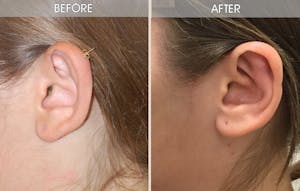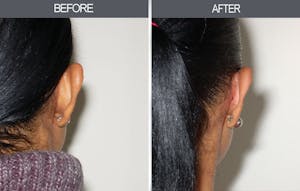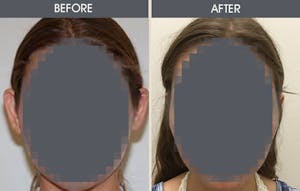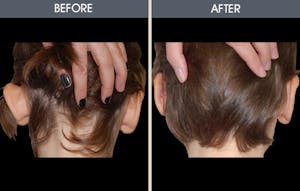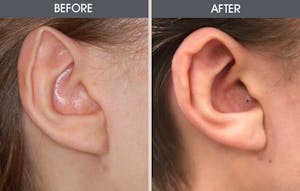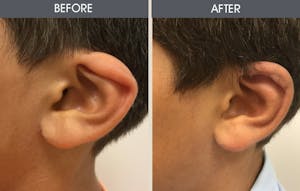
Planning for Ear Surgery
Most surgeons recommend that parents stay alert to their child's feelings about protruding ears; don't insist on the surgery until your child wants the change. Children who feel uncomfortable about their ears and want the surgery are generally more cooperative during the process and happier with the outcome.
In the initial meeting, your surgeon will evaluate your child's condition or yours if you are considering surgery for yourself, and recommend the most effective technique. He or she will also give you specific instructions on how to prepare for surgery.
Where the Ear Surgery will be performed
Ear surgery is usually performed as an outpatient procedure in a hospital, a doctor's office-based surgical facility, or a freestanding surgery center. Occasionally, your doctor may recommend that the procedure be done as an inpatient procedure, in which case you can plan on staying overnight in the hospital.
Types of anesthesia for Ear Surgery
If your child is young, your surgeon may recommend general anesthesia, so the child will sleep through the operation. For older children or adults, the surgeon may prefer to use local anesthesia, combined with a sedative, so you or your child will be awake but relaxed.
Getting back to normal after Ear Surgery
Adults and children are usually up and around within a few hours of surgery, although you may prefer to stay overnight in the hospital with a child until all the effects of general anesthesia wear off. The patient's head will be wrapped in a bulky bandage immediately following surgery to promote the best molding and healing. The ears may throb or ache a little for a few days, but this can be relieved by medication.
Within a few days, the bulky bandages will be replaced by a lighter head dressing similar to a headband. Be sure to follow your surgeon's directions for wearing this dressing, especially at night. Stitches are usually removed or will dissolve, in about a week.
Any activity in which the ear might be bent should be avoided for a month or so. Most adults can go back to work about five days after surgery. Children can go back to school after seven days or so, if they're careful about playground activities. You may want to ask your child's teacher to keep an eye on the child for a few weeks.



